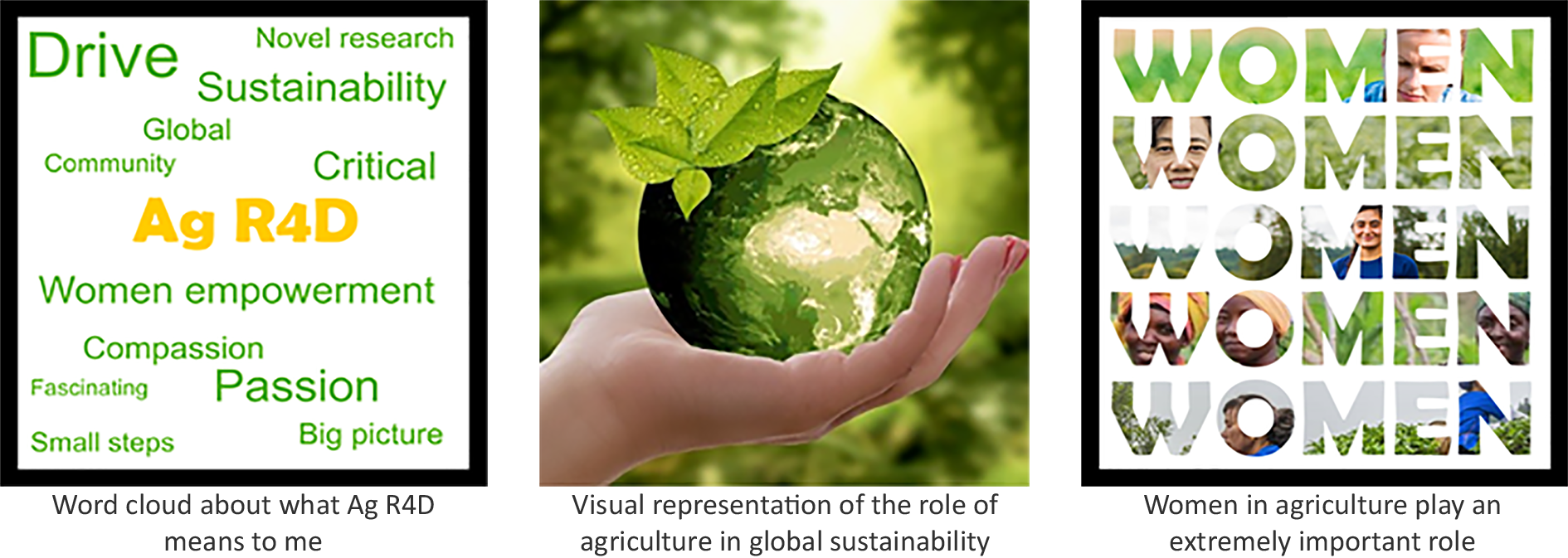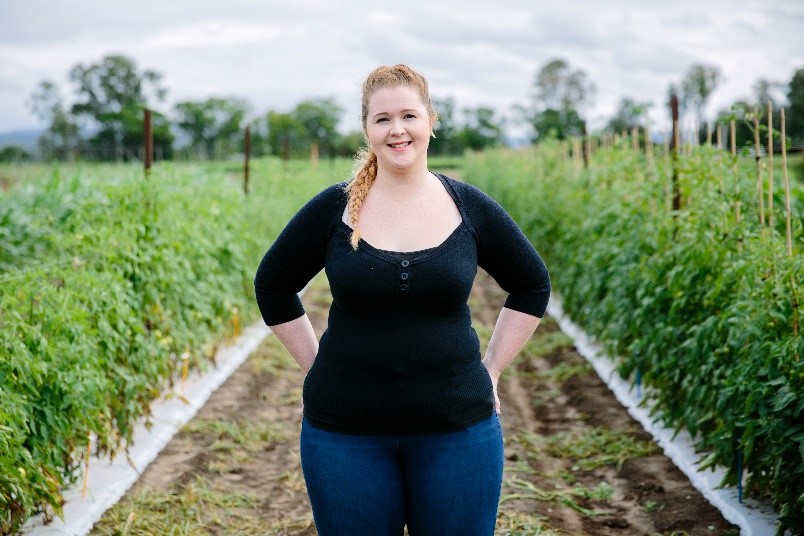Winner! 1st Prize 2020 RAID Network Blog Competition
What is Ag Research for Development for me?
It’s Sustainability and Breaking the ‘Grass-Ceiling’
Ag R4D (research for development) is passion, it is drive and it is the essence for the future.
There is a stigma around agricultural science, that because it’s not finding a cure for cancer, agricultural science is less exciting and not as critical. After stumbling into the agricultural R4D world eight years ago, I have learnt that it fuels a passion in many scientists. I could write this blog filled with negative facts like ‘food loss and waste produces almost six times more greenhouse gases than aviation’ or that ‘around the world, 815 million people suffer from hunger’, however, the longer I stay in Ag R4D, the more I see amazing things.

Sustainability
To me, Ag R4D means sustainability in so many different ways. Sustainability for our children, sustainability for those less fortunate, sustainability for our farmers, sustainability for women small holders, and sustainability for the world. There are so many remarkable Ag projects that take giant leaps for mankind and small leaps for farmers. Projects that are incredibly novel with huge impacts for farmers include greater use of robotics that can increase yields drastically. For example, harvest robots will provide a stable ‘workforce’ for farmers and higher quality of fruit and vegetables. There are also robots designed to scan fields and provide live data to farmers through an app on mobile phones. Other translational projects range from changing the way the world uses pesticides, to laboratory grown meat, to drastically increasing our knowledge of the genomic properties of what we eat. There are also projects that make small differences, such as not needing to bend over to plant rice fields or better breeding. When all these research projects are combined, it makes a huge difference to how we produce a sustainable food supply. Each researcher is working together to create a more sustainable planet, and there is beauty in that.
Breaking the ‘Grass-Ceiling’
Since women make up almost half of the agricultural labour force in developing countries, people involved in agricultural R4D tend to be strongly motivated towards breaking the ‘grass ceiling’ and empowering women farmers. I love that when searching for Ag R4D, there are so many strong women proudly telling the world the incredible work they are doing and where it could lead to. Female farmers are the present and they are certainly the future. They are at the frontline of agricultural issues such as climate change and nutrition deficiencies. They are breaking down the ‘grass-ceiling’ one step at a time.
Dr Alison Van Eeennnaam is an impressive woman that has become a voice for science and agriculture. Best known for her appearance in the 2016 movie ‘Food evolution’, Dr Van Eenennaam has even been able to change the opinion of the beloved Bill Nye the Science Guy on genetically modified organisms. She is a champion of biotechnology, specifically in the area of cattle breeding. She uses social media to spread the word about new advances in agricultural science.
Dr Susan Miyasaka is motivated by the accounts of global famines. She is an agronomist who studies large scale crops and is interested in helping feed people. She is also a voice for biotechnology, often in heated political forums. “It’s not easy for a scientist to appear in a political arena,” Susan says to Alliance for Science. “But I felt that I had to provide the scientific facts. So now they’re out there, whether they choose to believe them or not.”
Makida Mohammed is a farmer in Ethiopia who describes herself as a ‘peasant farmer’. Using gifts from her family upon the death of her husband, Makida began her farm with four quintals of wheat, two quintals of barley and one quintal of fertilizer. Makida is an extremely hard worker and managed to feed, clothe and educate her five children through her farming. When she took the innovative step of purchasing a new rust-resistant variety of wheat, Markia was mocked for being a ‘woman who protected a crop’. Through the fruits of her labour, she earned the respect of the community and they began to request seed. She wanted to see her community grow and prosper, so she generously gave the seed to them.
To me, Ag Research is compassion and strength. What does it mean to you?



